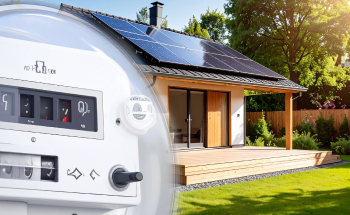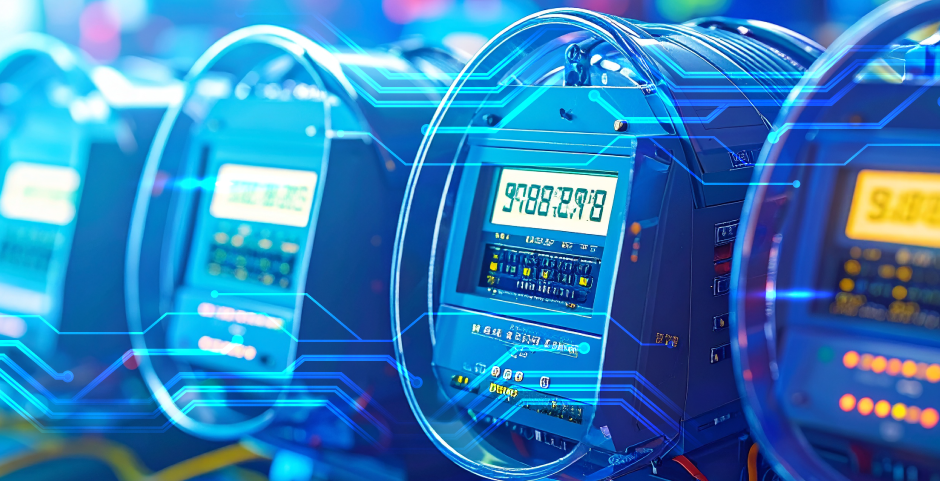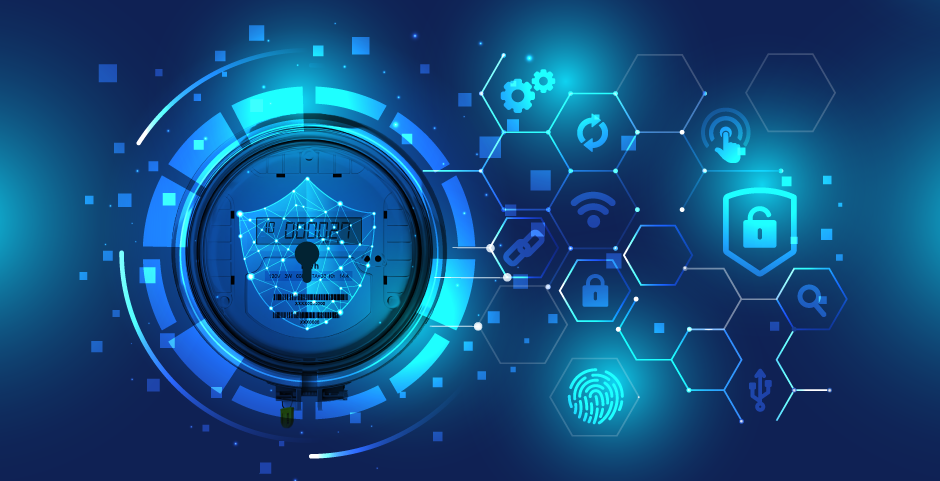5 Critical Benefits of IEC 61850 in Modern Power Grid Systems
Shwetha Bhat February 12, 2025
Shwetha Bhat February 12, 2025
In the era of rapid digital transformation in the utility industry, IEC 61850 has established itself as an indispensable foundation that makes communication smooth, interoperable, and reliable in the modern power grid. This global standard is the change agent, bringing about significant alterations in how devices and systems interact in the power sector with regard to a more resilient energy infrastructure.
In this article, we’ll explore five key reasons why IEC 61850 is critical for building and maintaining a modern power grid.
IEC 61850 establishes a common communication language, enabling devices from different vendors to work seamlessly together. It reduces risks of communication failures, simplifies the integration of multi-vendor devices and enhances system performance through standardized interactions.
Interoperability is a game-changer for utilities aiming to reduce costs and complexity while improving system reliability.
Traditional hard-wired systems are often rigid and difficult to modify. IEC 61850 offers unparalleled flexibility as it eliminates most hard-wired connections, allows for late-stage design changes without significant delays and reduces fieldwork, saving time and costs during implementation. This flexibility is essential in responding to emerging grid needs and seamlessly integrating novel technologies.
Scalability is a must when the complexity of power grids increases. A scalable communication platform is supported by IEC 61850 in the following aspects:
Scalability ensures that utilities can meet the demands of a dynamic and growing energy ecosystem.
IEC 61850 standardizes data exchange, ensuring high-quality and consistent information flow:
There will also be a reason to protect our critical infrastructure better because of an uptrend in cyber-attacks. IEC 61850 has strong features for security aspects by enabling secure communication for devices:
These help IEC 61850 stand out as being an essential requirement for building an efficient, strong, and very resilient power grid.
Studies show that the implementation of IEC 61850 can improve reliability, reduce outage times, and enhance the overall efficiency of power generation and transmission. The standard supports the current demands of the grid but also prepares for future innovations like renewable integration and smart grid technologies.

July 25, 2025
The world energy scene is being revolutionized by the fast-paced increase of decentralized renewable energy sources like rooftop solar, wind microturbines, and energy storage in batteries. batteries. The driving force…
Know More
July 25, 2025
Smart metering has evolved significantly over the last two decades as it became a building block of modern energy management solutions. At the core of the evolution is the DLMS/COSEM…
Know More
July 25, 2025
As the energy sector undergoes rapid digital transformation, smart metering has emerged as a foundational technology in modern utility networks. By enabling real-time monitoring, automated billing, and remote disconnection, smart…
Know More